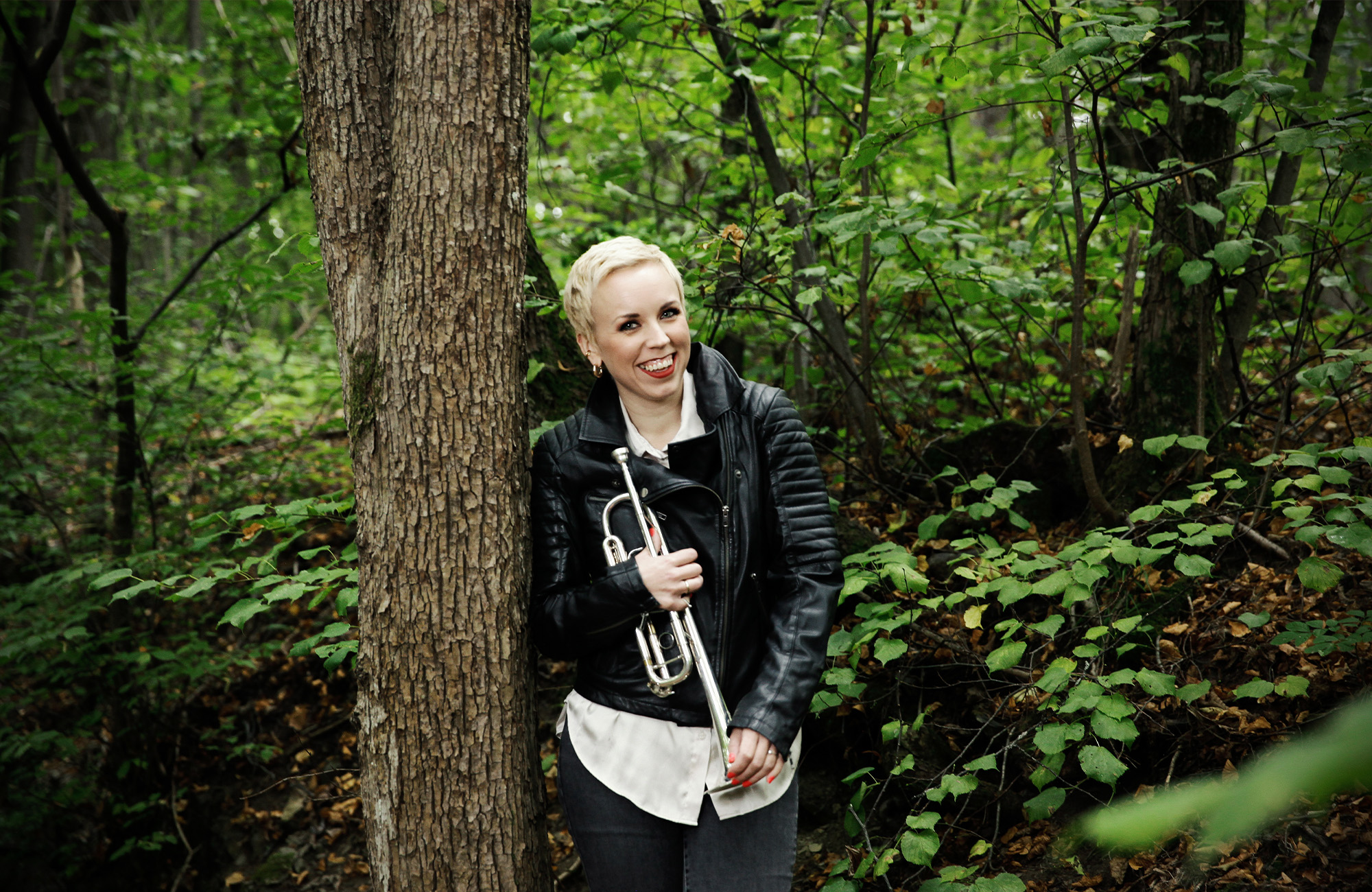Trumpet sensation Tine Thing Helseth talks to Richard Betts about life as a prodigy, choosing to play and surviving cancer.
Tine Thing Helseth has had an odd day. The evening before we speak, Norway’s main television station screened a documentary about the trumpet star, and since then she’s had strangers greeting her in the street.
With a population only slightly larger than ours, Norway, like New Zealand, is a place where you can become very famous, very fast. But Helseth was a public figure before the documentary. She’s always on TV and radio, and then there’s the small matter of being one of the world’s leading brass players.
“It’s good [the documentary showed] that classical musicians can also be normal people,” she says. “So when people come up to me and say things, it’s because they think I’m famous for what I do, and not just because I’m someone they see on TV; it’s not like I’m a celebrity for being a celebrity.”
It’s rare for a classical musician to be a celebrity at all, but then Helseth is a rare classical musician. From childhood she seemed destined for greatness, and she always dreamed of being one of the few brass players to make it as a touring soloist. When did she know she was good enough?
“I don’t know,” she admits. “I mastered it fast and people said I was good, and at a young age I realised that not everyone could do what I did. But mostly I remember the feeling I got when I played: this is what I’m supposed to do in life, the sense that this is my purpose and I get to express myself and music is the place I get to be me.”

